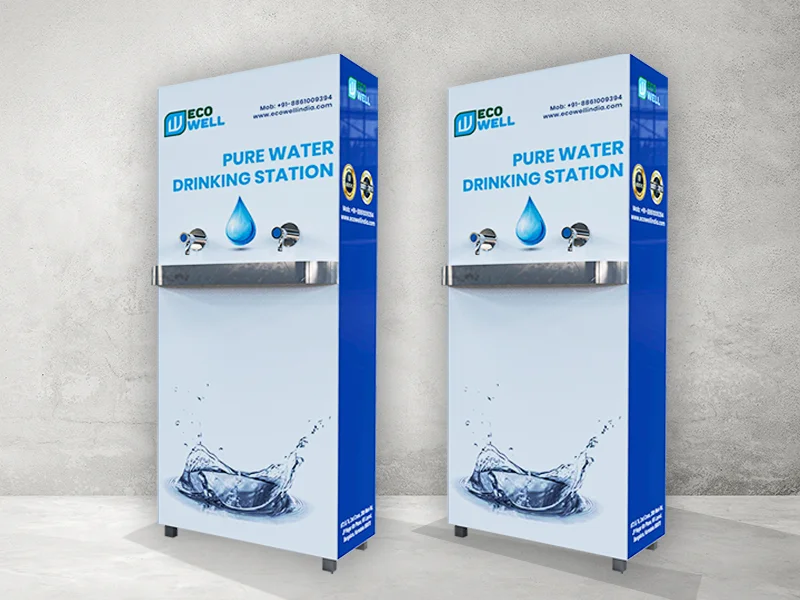
Consuming pure and clean water is of the utmost importance right now. Besides the fact that it quenches your thirst, it also has multiple benefits like a faster metabolism, healthier skin, and better digestion.
For something that we consume all the time and frankly can’t survive without, water isn’t given much thought. While buying water purifiers, many options are displayed in front of us. There’s RO, UV, and whatnot?
It’s almost impossible to know A to Z of water purifiers before going out to buy one. That said, we can do a little research and find out the significant difference between these water purifiers and then purchase one that matches our needs.
Let’s start with What are Reverse Osmosis (RO) water purifiers?
Reverse Osmosis (RO) water purifiers are widely regarded as the most reliable water purifiers and rightly so! They can kill all bacterias and viruses. A semipermeable membrane is used to eradicate the large particles as well as dissolved germs, bacterias, and viruses. Since the dissolved impurities and salts are left behind, only water molecules are able to move into the other side of the membrane. The water requirement is slightly higher when compared to other water purifiers.
What are Ultra-Violet (UV) water purifiers?
Ultraviolet water purifiers have the ability to kill all the germs, bacterias, and viruses in the water without sabotaging its taste. However, it is unable to remove their dead cells from the water and fails to remove the dissolved salts as well. Tap water goes through Ultraviolet (UV) rays that kill every bit of the harmful bacteria present in the water. This makes the water absolutely drinkable and disinfected from pathogens. It also requires electricity to do the needful.
It is widely regarded as one of the most cost-effective water purifications out there. Easy to maintain and highly reliable and, most importantly, chemical-free!
So, what’s the difference between RO and UV?
Both can kill bacteria, but only RO can remove dissolved salts from the water.
RO can work with dirty water as it comes with a pre-filtration system, but UV requires clean water to operate.
RO can remove up to 90% TDS present in the water, the same can’t be said for UV water purifiers.
However, a lot of water gets wasted in RO water purifiers, whereas UV guarantees no water wastage.
Thankfully at present, in the market, there are water purifiers that provide both RO and UV in the same model. You can check out of ours here:
Stay Safe, Purchase Wisely!




Leave a Reply